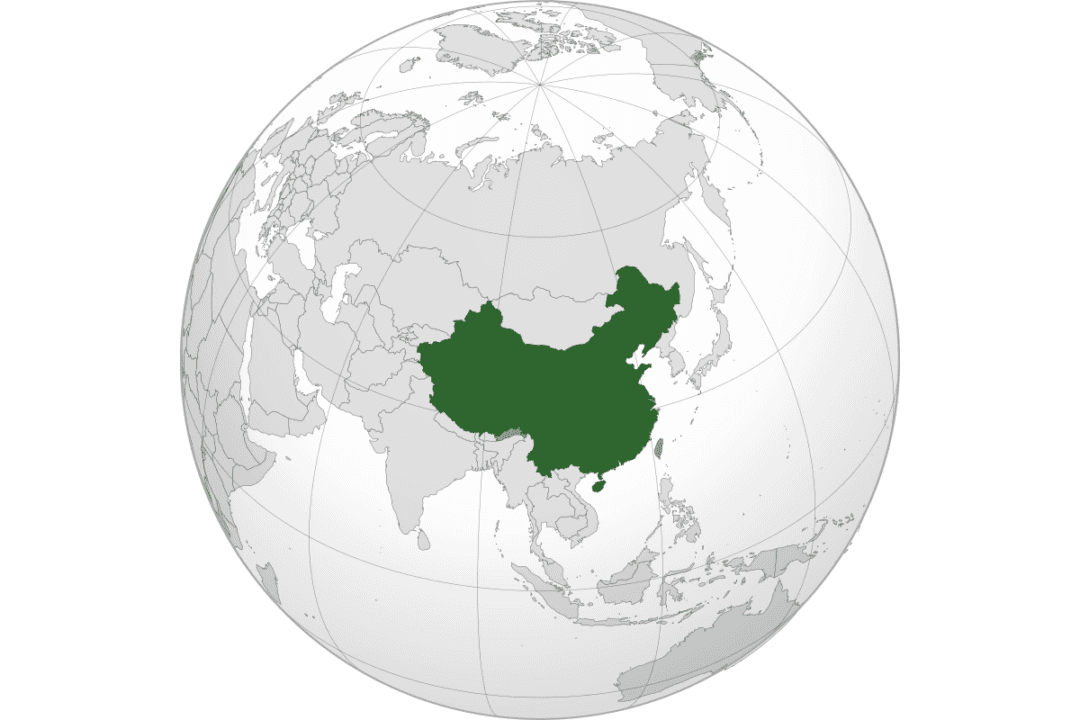When Secretary of Defense Lloyd J. Austin III spoke at the Reagan National Defense Forum, he entitled his speech, “The Decisive Decade.” Author and geopolitical strategist, Jonathan D.T. Ward’s new book echoes the same sentiment, “The Decisive Decade: American Grand Strategy for Triumph Over China,” and breaks down the four arenas in which America must triumph in order to defeat its closest economic and military peer.
Ward tackles the current challenges within the arenas of economics, diplomacy, the military, and ideas. He suggests in the book that the 2020s is the decade that will decide whether or not the U.S. will continue as the leading force of the global future.






